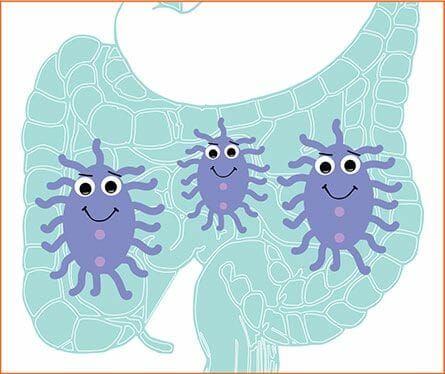Fish is amongst the healthiest foods in the world.
It is packed with important nutrients, such as protein and vitamin D.
Fish is likewise the world’s best source of omega-3 fatty acids, which are extremely crucial for your body and brain.
Here are 11 health benefits of eating fish that are supported by research.
1. Fish Is High in Important Nutrients
Generally speaking, all types of fish are good for you.
They are high in numerous nutrients that many people aren’t getting enough of.
This includes top quality protein, iodine and different minerals and vitamins.
However, some fish are much better than others, and the fatty kinds of fish are considered the healthiest.
That’s due to the fact that fatty fish (like salmon, trout, sardines, tuna and mackerel) are higher in fat-based nutrients.
This includes the fat-soluble vitamin D, a nutrient that most people are deficient in. It operates like a steroid hormonal agent in the body.
Fatty fish are also much higher in omega-3 fatty acids. These fatty acids are important for your body and brain to function efficiently, and are strongly linked to decreased danger of numerous illness.
To satisfy your omega-3 requirements, consuming fatty fish at least once or twice a week is recommended.
2. Fish Might Lower Your Danger of Cardiac arrest and Strokes
Cardiac arrest and strokes are the 2 most frequent causes for sudden death worldwide.
Fish is usually thought about to be amongst the best foods you can eat for a healthy heart.
Not surprisingly, numerous observational research studies have revealed that people who consume fish routinely appear to have a lower risk of heart attacks, strokes and death from cardiovascular disease.
In one research study of more than 40,000 male health professionals in the United States, those who frequently ate 1 or more servings of fish each week had a 15% lower danger of heart problem.
Researchers believe that the fatty kinds of fish are a lot more beneficial for heart health, because of their high quantity of omega-3 fatty acids.
Basically, eating a minimum of one serving of fish weekly has been connected to reduced threat of cardiovascular disease and strokes, 2 of the world’s most significant killers.
3. Fish Consists of Nutrients That Are Important Throughout Advancement
Omega-3 fatty acids are definitely vital for growth and advancement.
The omega-3 fatty acid docosahexaenoic acid (DHA) is specifically essential, since it accumulates in the developing brain and eye.
For this reason, it is frequently suggested that expecting and nursing moms make certain to eat sufficient omega-3 fats.
Nevertheless, there is one caveat with advising fish to anticipating mothers. Some fish is high in mercury, which ironically is connected to brain developmental problems.
For this reason, pregnant females need to just eat fish that are low in the food cycle (salmon, sardines, trout, etc), and no more than 12 ounces (340 grams) weekly.
Pregnant women should also avoid raw and uncooked fish (including sushi), due to the fact that it might include microbes that can hurt the fetus.
4. Fish May Increase Grey Matter in the Brain and Protect it From Age-Related Degeneration
One of the effects of aging is that brain function deteriorates (referred to as age-related cognitive decline).
This is normal in many cases, however then there are also major neurodegenerative illnesses like Alzheimer’s disease.
Remarkably, numerous observational studies have shown that individuals who eat more fish have slower rates of cognitive decrease.
One mechanism might be related to grey matter in the brain. Grey matter is the major functional tissue in your brain, consisting of the nerve cells that process information and store memory.
Studies have shown that individuals who eat fish weekly have more grey matter in the centers of the brain that regulate feeling and memory.
5. Fish May Assist, Prevent, and Treat Depression – Making You a Happier Person
Anxiety is a major and extremely common mental illness.
It is identified by low state of mind, sadness, decreased energy and loss of interest in life and activities.
Although it isn’t discussed as much as heart disease or obesity, anxiety is currently among the world’s greatest health problems.
Research studies have actually found that people who consume fish routinely are much less likely to end up being depressed.
Various controlled trials have likewise discovered that omega-3 fatty acids are beneficial against depression, and substantially increase the efficiency of antidepressant medications.
This means is that fish can quite literally make you a happier person and enhance your quality of life.
Fish and omega-3 fats might likewise aid with other mental disorders, such as bipolar illness.
The benefits of eating fish are quite remarkable. Other than keeping in mind concerns over mercury content, eating fish is something most Americans could see benefit from if they do it more often.







